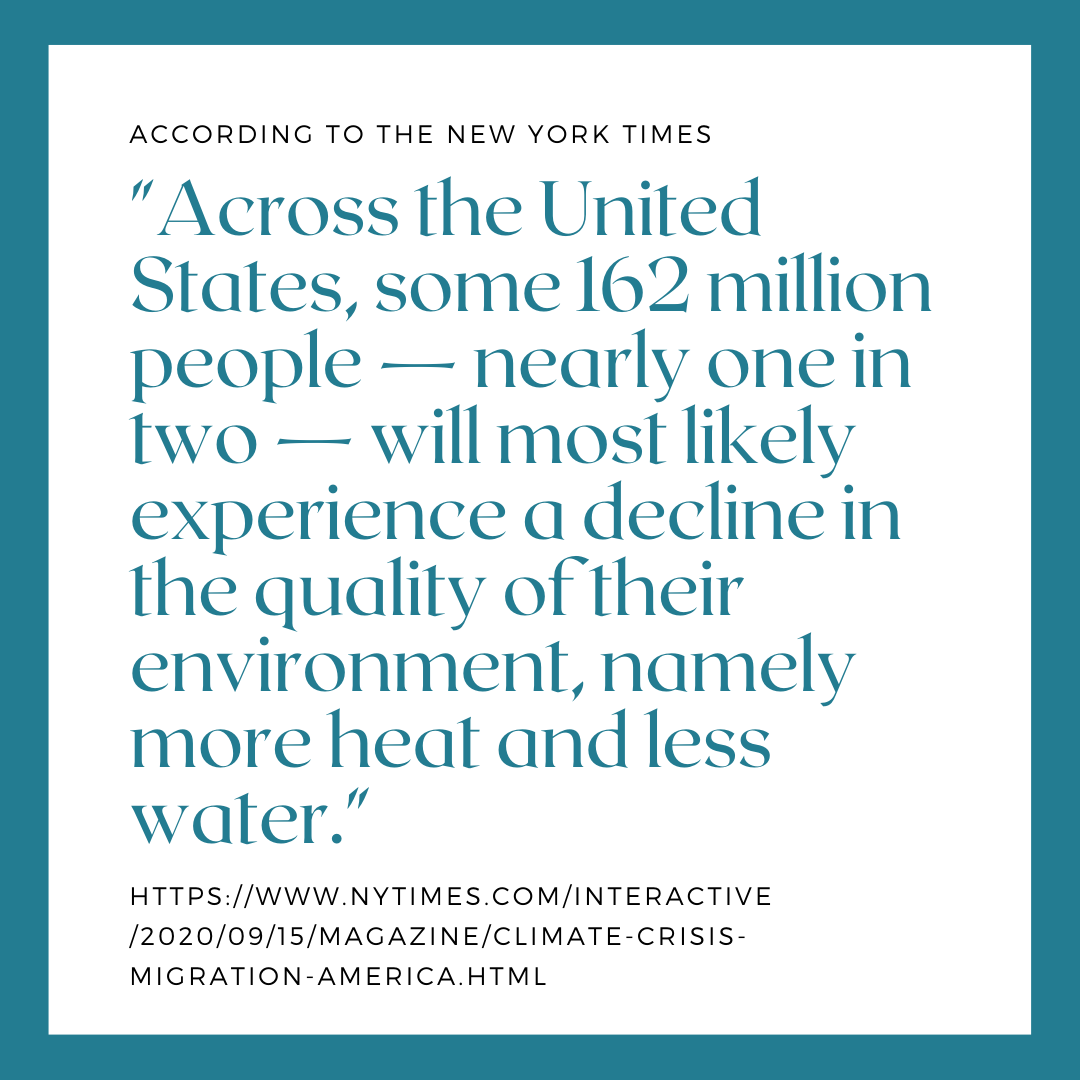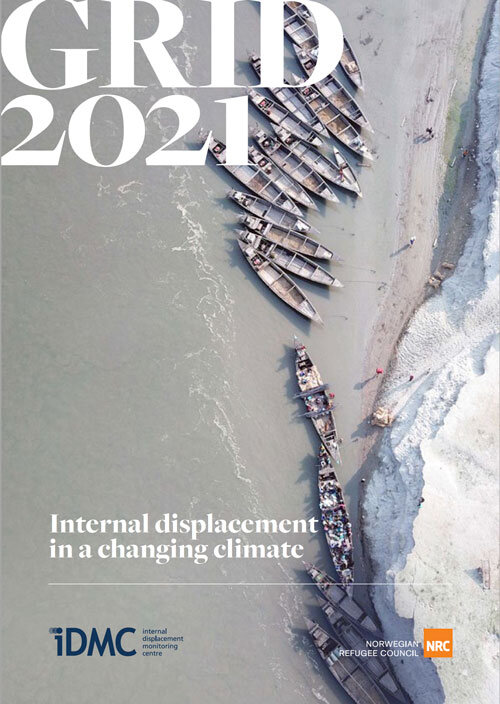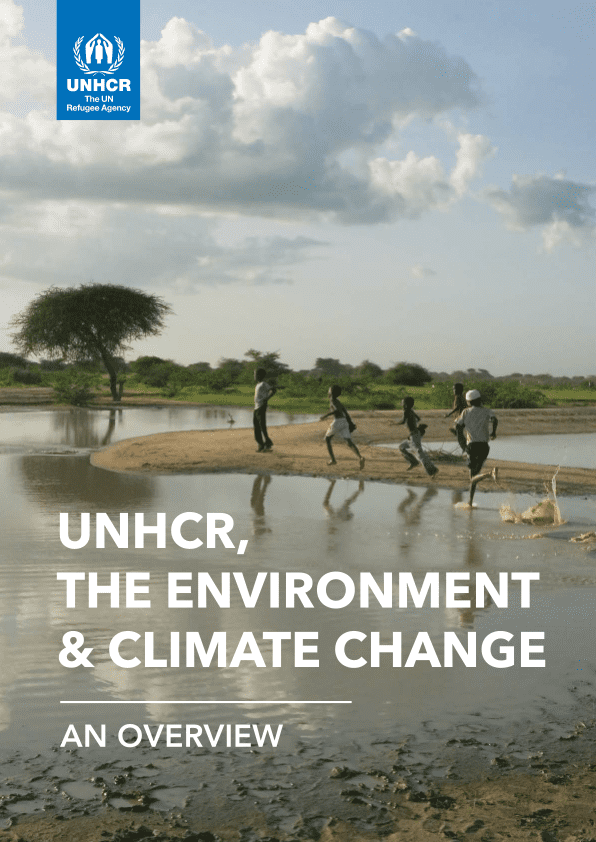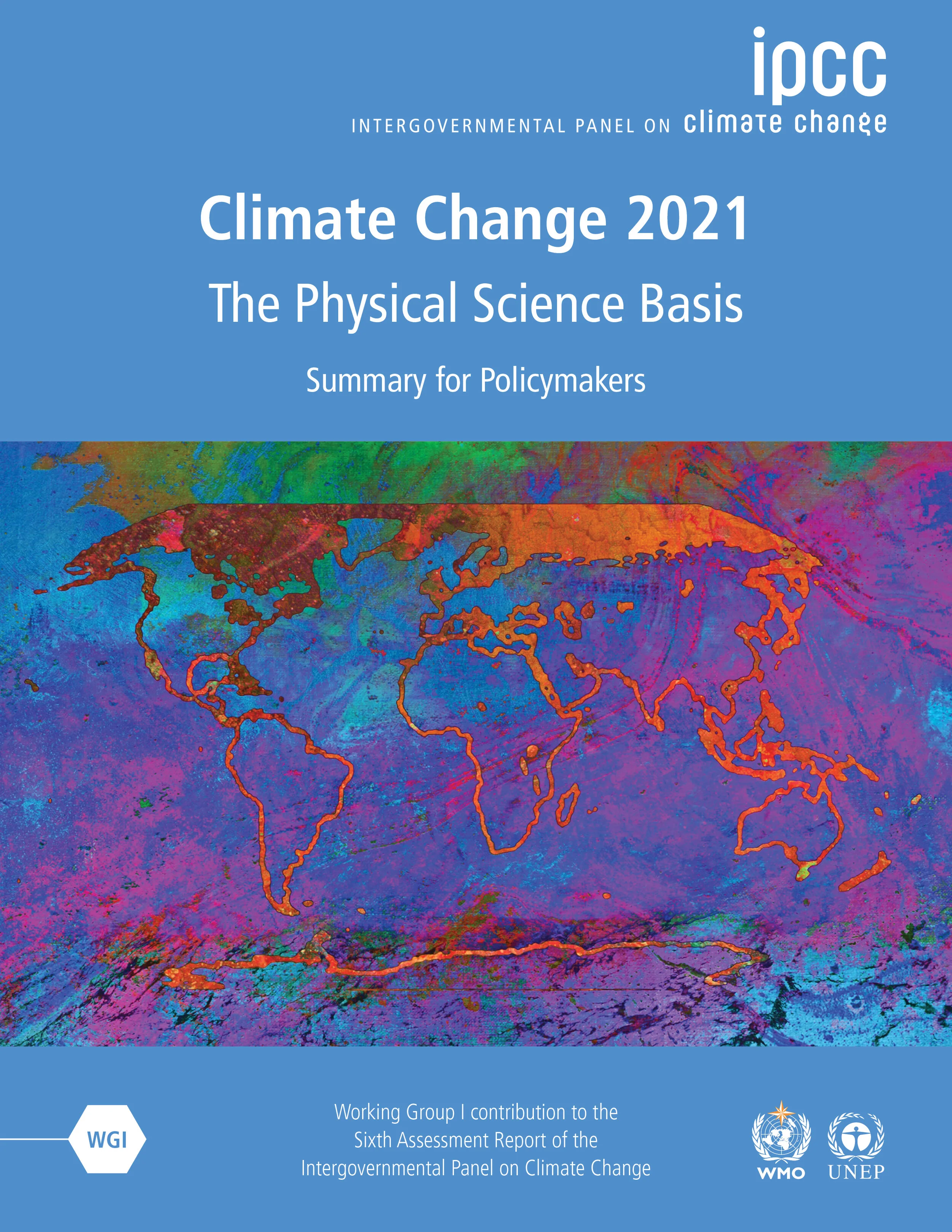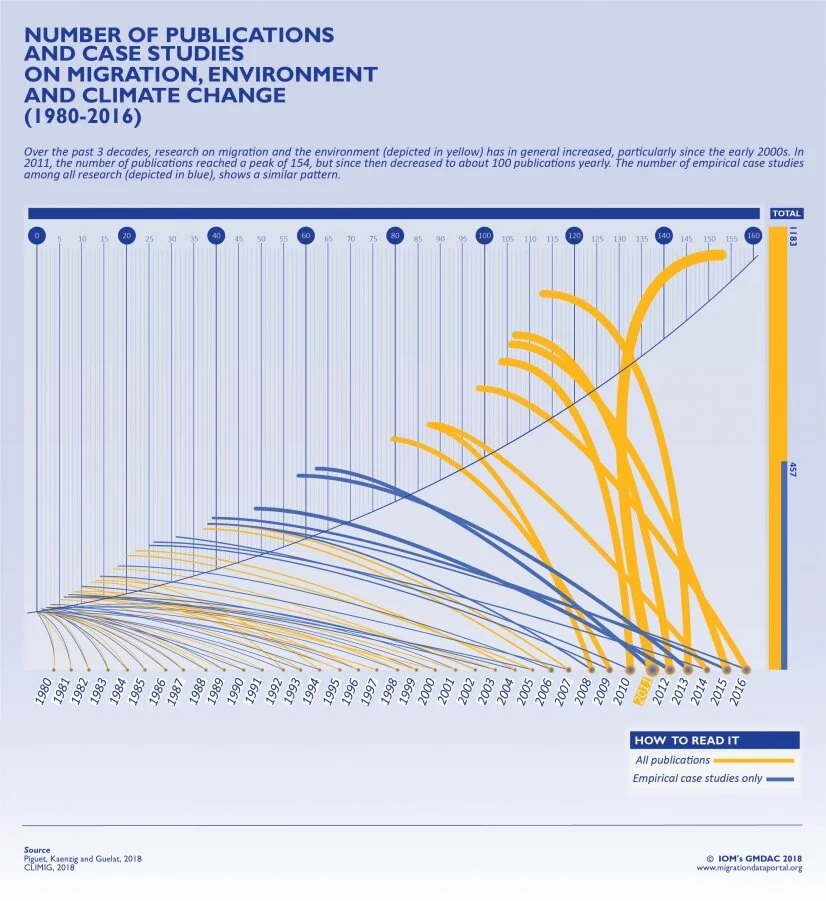
What’s the problem?
Crisis Threatens
Each and every day, vulnerable people are forcibly displaced due to direct impacts generated by our changing climate. This isn’t a crisis that will affect our future, this is an issue happening right now.
Numerous studies, such as ones from The World Bank, forecast the harsh reality of internal displacement for millions, as the adverse effects of climate change produce more extreme weather, rising sea levels, all while threatening food security, and impacting livelihoods.
As we witness this global crisis unfold, it is the poorest and most vulnerable communities - the same communities who contributed the least to climate change - that are hit hardest by this crisis.
Both across borders and within borders, people are displaced due to climate change. In fact, recent trends indicate there will be more internal displacement due to climate-related disasters than conflict. Of the 40.5 million people displaced across 135 countries in 2020, over 75 percent were as a direct result of disasters.
And for the countless others who are utterly dependent on the land and natural resources for their livelihoods, slow climate changes are linked to economics and politics, which makes this merely just an environmental issue. This is also a human rights issue.
Climate change also serves as a 'threat multiplier' by exacerbating existing risks while generating new issues including food and water insecurity and competition over resources, which further adds to conflict and compound displacement.
“Climate change is an urgent and growing threat to our national security, contributing to increased natural disasters, refugee flows, and conflicts over basic resources like food and water.”
— The White House, National Security Strategy, 2015
Climate Migrants
People fleeing their countries in the context of climate change or disasters do not qualify for protection under international law. The 1951 Refugee Convention only offers protection to those fleeing war and conflict who face persecution on the basis of race, religion, nationality, membership in a particular social group, or political views. This leaves the Haitian family displaced across borders by a natural disaster, the subsistence farmer with no option but to leave his country because there isn’t enough water for farming, or a mother forced to flee her country because of a climate change-induced resource war, outside the legal framework for protection rights.
At YFCR, we approach this as an issue of equality, equity, and justice - a fundamental threat to human rights - because climate change is disproportionately impacting the most impoverished, oppressed, discriminated, and disenfranchised people of our globe. These already vulnerable people played a very tiny role in contributing to the problem in the first place, yet they are forced to pay a heavier, disproportionate price that challenges the advantage of human rights of large populations.


